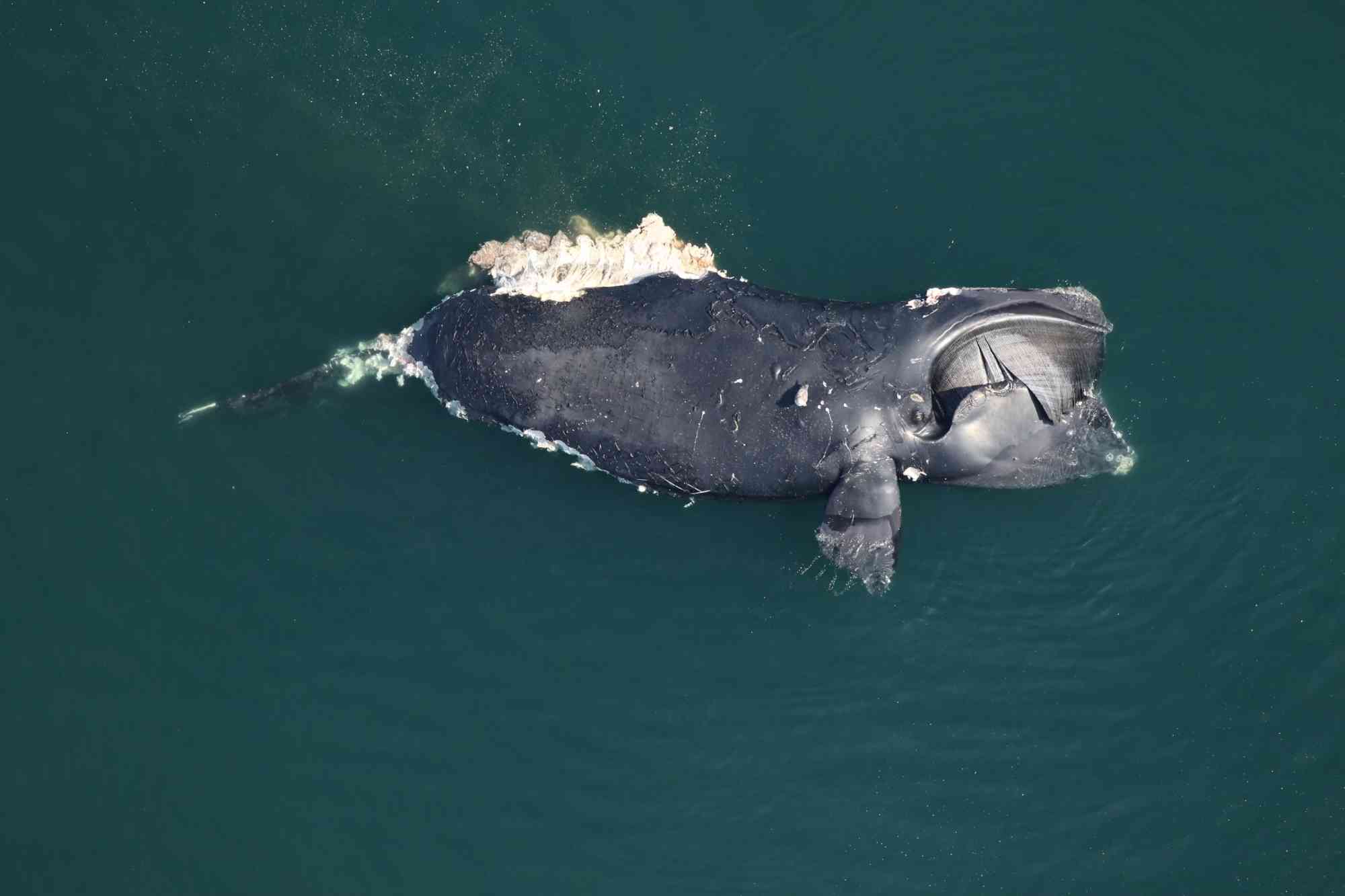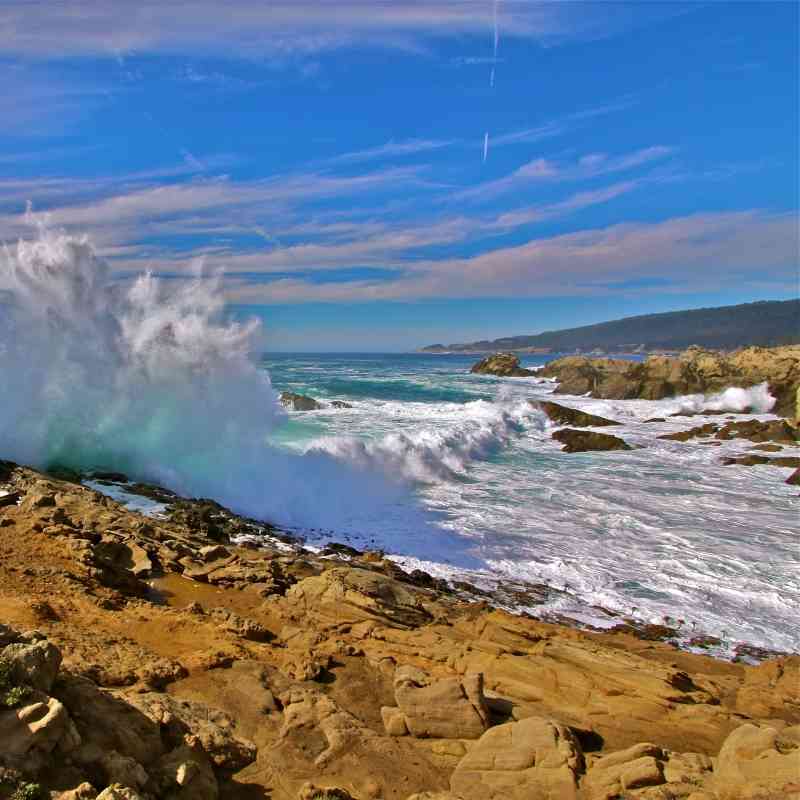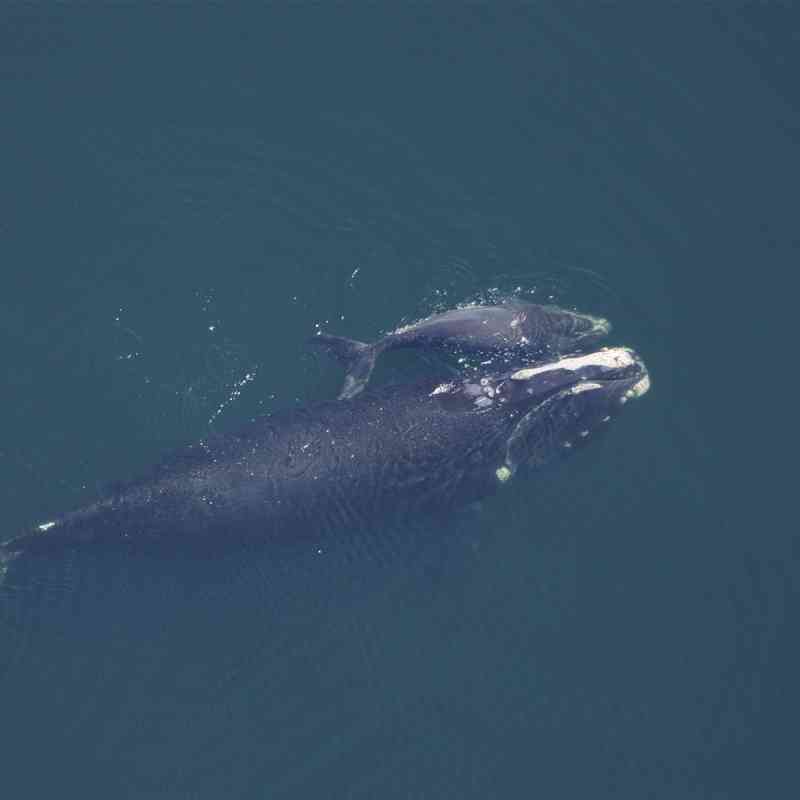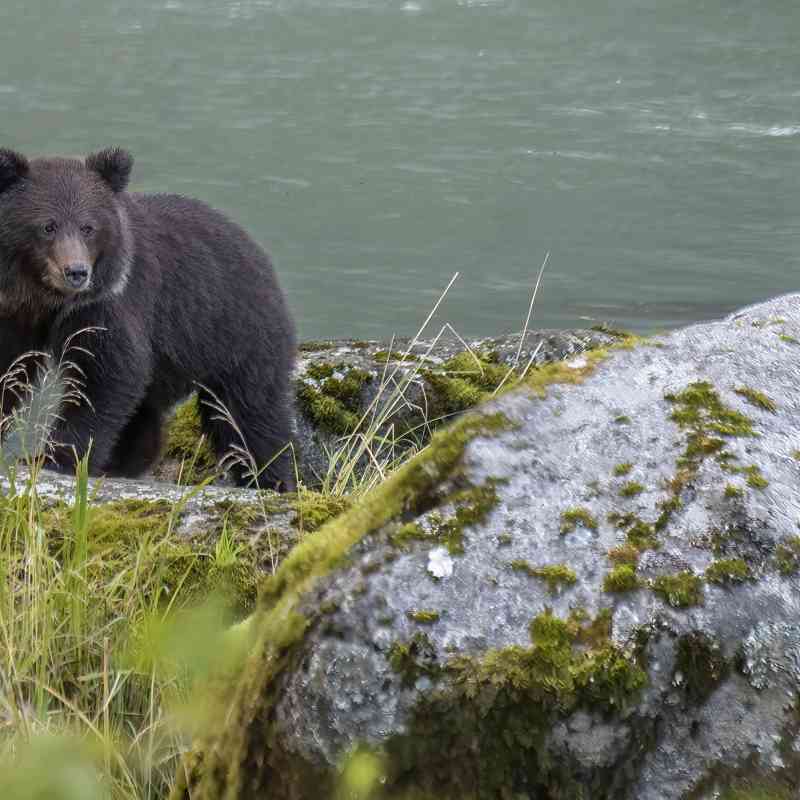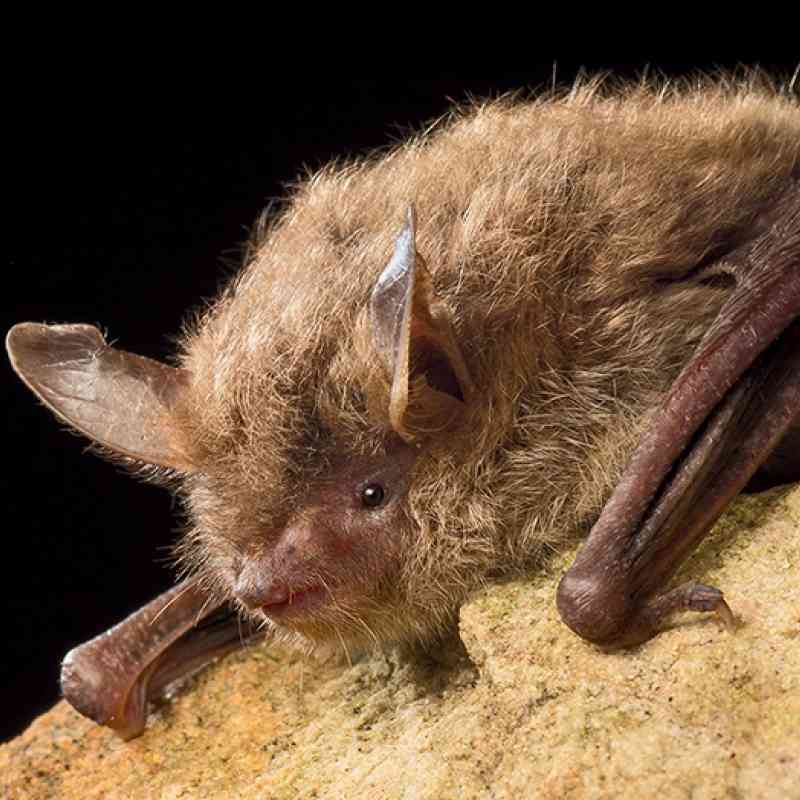Tweet“We cannot save this species if we keep killing off reproductive females. If the Biden administration doesn’t immediately finalize the expanded vessel speed rule, it will be directly responsible for driving the right whale to the brink of extinction.”
Yet another North Atlantic right whale was spotted dead on Saturday off the coast of Virginia, announced Tuesday by NOAA Fisheries. Conservation groups Defenders of Wildlife, Conservation Law Foundation and Whale and Dolphin Conservation renewed their demands for the Biden administration to save the critically endangered species from deadly — and preventable — vessel strikes. With only 360 surviving animals, the species is rapidly approaching extinction.
Compounding the tragedy, NOAA Fisheries confirmed the dead whale as #1950, a female at least 35 years old. She was one of fewer than 70 reproductively active females. A necropsy performed on Tuesday revealed blunt force trauma in line with vessel strikes, including a dislocated spine and fractures to all of the vertebrae across the animal's lower back.
#1950 was last observed on Jan. 11 off St. Simons Sound, Georgia, with her sixth known calf. That nursing calf, if still alive, will not survive without its mother. In spring, mother-calf pairs, which are particularly vulnerable to vessel strikes, migrate north from their calving grounds in southeastern waters to their feeding grounds in northeastern waters.
“It’s déjà vu all over again — yet another mother-calf pair has been killed by a vessel strike,” said Jane Davenport, senior attorney at Defenders of Wildlife. “We cannot save this species if we keep killing off reproductive females. If the Biden administration doesn’t immediately finalize the expanded vessel speed rule, it will be directly responsible for driving the right whale to the brink of extinction.”
The only protection right whales have against vessel strike deaths in U.S. waters is an outdated, inadequate 2008 vessel speed rule that only applies to vessels 65 feet and longer — and only in limited areas along the East Coast. Following 2012 and 2020 petitions to expand the rule, conservation groups filed suit in 2021 to challenge the government’s unreasonable delay in acting. A belated Biden administration proposal to expand the rule was issued in August 2022, but has yet to be finalized. With no resolution in sight, the groups filed emergency petitions in 2022 and 2023, and now seek a court-ordered deadline for a final rule, motivated by a series of right whale vessel strikes in early 2024.
If finalized as proposed, the updated vessel speed rule would apply to vessels 35 feet and longer, establish new seasonal speed zones matching current right whale distribution, and require vessels to comply with temporary dynamic speed zones triggered by acoustic or visual observations.
“How many more right whales need to die before we stop the carnage?” said Erica Fuller, senior counsel at the Conservation Law Foundation. “We have a solution — a seasonal 10 knot vessel speed restriction. Yet the Biden administration continues to condone policies that are driving the species toward extinction.”
No adult right whale has ever been confirmed dead of natural causes, leaving vessel strikes and fishing gear entanglements as their only known causes of death. Prior to this weekend, vessel strikes have already killed at least two right whales and fishing gear entanglement has killed at least one right whale in U.S. waters in 2024 alone. With the two additional deaths, human causes have killed more than seven times the annual number of whales the population can sustain and still recover.
“Given that right whales over a year old do not die of natural causes, it’s a safe bet that this whale died of a vessel strike or an entanglement,” said Regina Asmutis-Silvia, executive director of Whale and Dolphin Conservation of North America. “Either way, this preventable death was caused by the political theater that has stalled the release of regulations that could have saved this whale.”
Defenders of Wildlife is celebrating 75 years of protecting all native animals and plants in their natural communities. With a nationwide network of nearly 2.2 million members and activists, Defenders of Wildlife is a leading advocate for innovative solutions to safeguard our wildlife heritage for generations to come. For more information, visit defenders.org/newsroom and follow us on Twitter @Defenders.
